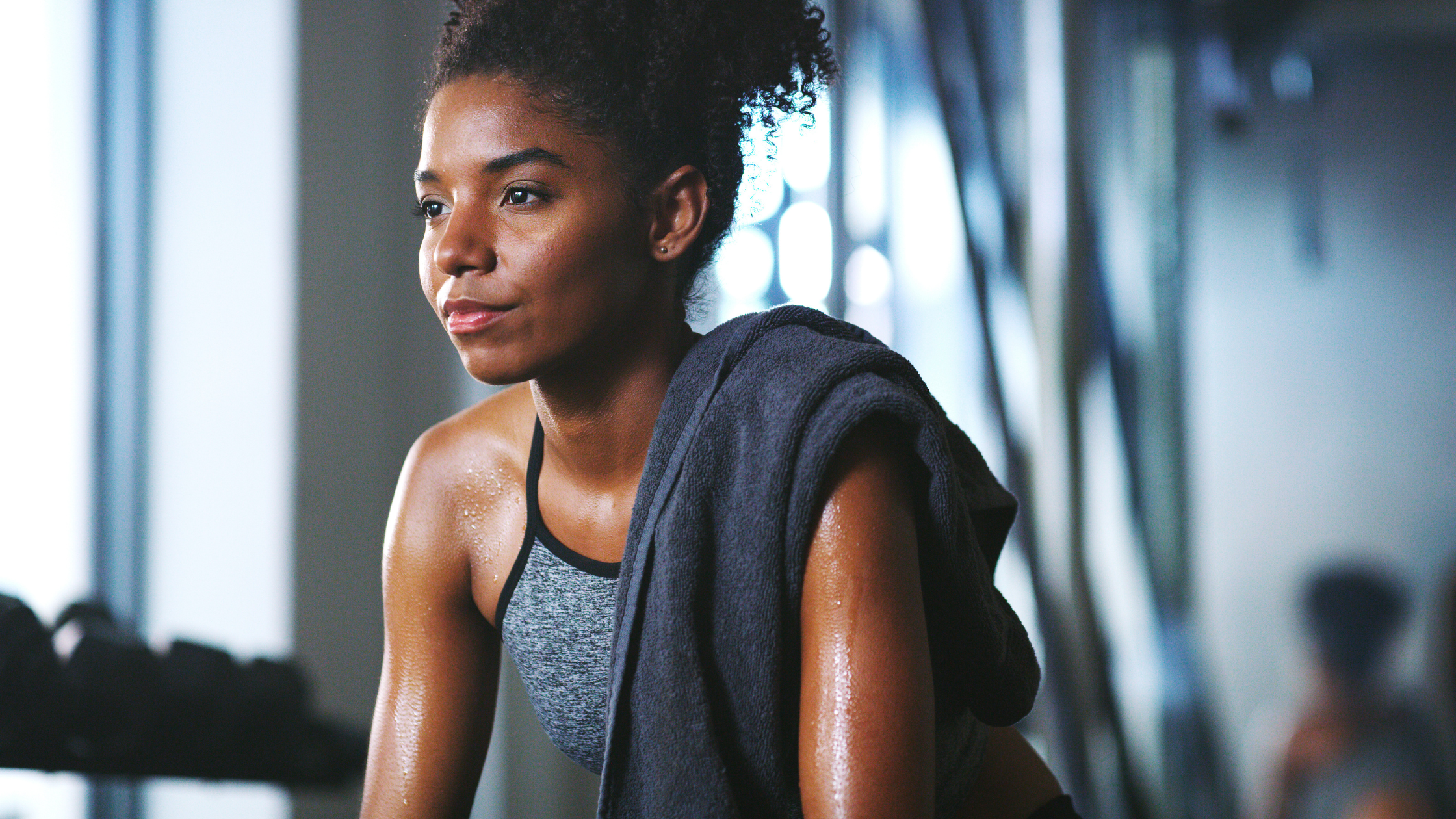
Feeling sleep after a workout? You could be curious about whether or not is the best idea to nap after you get done burning some calories. There are pros and cons to napping after a workout. Well-timed naps can improve alertness, memory and athletic performance, but a nap may also make it more challenging to fall asleep at bedtime.
Continue reading to learn more about the effects of a workout on the desire to sleep and if it's the best thing to take a nap or not.
Increased sleepiness after a workout
If you feel sleepy after a workout, this may be a symptom of exercise-induced fatigue. Fatigue is the feeling of weakness or being mental drained, and is perfectly normal after physical activity. There seems to be a post-workout dip in energy that may be caused by the nervous system. Peripheral fatigue describes fatigue that is due to changes in the muscles themselves. Exercise involves repeated muscle contractions that require energy to perform. Muscle contractions are fueled by adenosine triphosphate (ATP), which is basically the energy currency of the body. When this runs low, it may lead to peripheral fatigue.
Muscle contractions also produce byproducts, which are essentially leftovers from metabolic reactions. As they build up, they can interfere with muscle contractions and also contribute to peripheral fatigue.
Central fatigue describes the effects of working out on the central nervous system. Exercise can change the concentrations of various neurotransmitters in the CNS which can trigger feelings of fatigue and tiredness.
There may even be a protective factor in the body's pattern of fatigue after exercise. It could be a way to protect the body from too much physical activity, and a potential injury.
The advantages and disadvantages of napping after a workout
Since a workout can result in fatigue and sleepiness, many people may consider taking a nap right after they exercise. Before lying down for a post-workout nap, however, it may be best to think about what the advantages and disadvantages of napping are.
Napping can be very beneficial. it reduces fatigue, not as a replacement for quality sleep, but as a way to temporarily decrease fatigue and increase alertness. It also improves memory, even more so than just nighttime sleep alone. It also supports muscle repair, which is essential after a hard workout.
However, despite these benefits, napping after a workout can have potential drawbacks. One, it causes grogginess, which can make a persona feel disoriented right after waking up. This is known as sleep inertia and may stem from disrupting the natural sleep cycle.
Naps after a workout can also interfere with nighttime sleep. Taking a nap can reduce the quality of nighttime sleep, and frequent napping is related to poor sleep quality with frequent nighttime awakenings.
The necessity of a nap after working out may indicate overtraining. Resting between workouts can help the body recover and grow muscle tissue. But if you are feeling constantly fatigued and having trouble sleeping at night, this could be a sign to slow down or take a break from workouts.
There is also no evidence that post-workout naps promote weight loss. Naps may help with weight loss in indirect manners, such as improving athletic performance for a better workout. But sleep deprivation can be connected to weight gain, with an increase in obesity and worse results from dieting.
Rules for your post-workout nap
If you are really tired after working out, and need a nap, here are a few rules to help you avoid some of the disadvantages associated with a post-workout nap.
Keep your nap short. There is no perfect length for nap, but those between 20-90 minutes provide adequate rest without interrupting your sleep at night.
While taking these naps, avoid taking them too late in the day. This could make it harder to fall asleep at bedtime. The best time to take a nap is between 1-3pm.
Follow the same rules for good sleep quality. This includes blocking out light and noise. This can make it more challenging to fall asleep and actually get a beneficial, quality nap.
Give yourself a buffer to wake up. Rarely are you going to just be able to pop out of bed and move on to your other activities. So set aside time to wake up. Grogginess from sleep inertia is normally less than 30 minutes, but can occur for up to 60 or more. To wake up quickly after a nap, wash your face or spend time in the bright light.
Consider a coffee nap which involves consuming 100-200 mg of caffeine, or one cup of coffee prior to yournap. Caffeine takes about 30 minutes to kick in, so you may wake up from your nap feeling more energized.
If you are extremely tired, even with naps and a full night's sleep, then there may be another issue going on. Please click the button below to take a free online sleep test and talk with one of our sleep health professionals.
https://www.sleepfoundation.org/physical-activity/should-i-nap-right-after-my-workout

